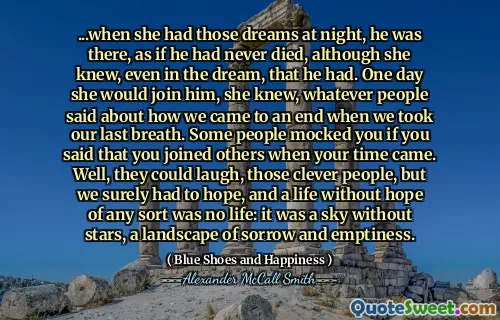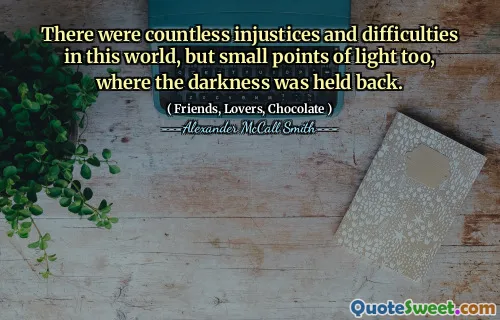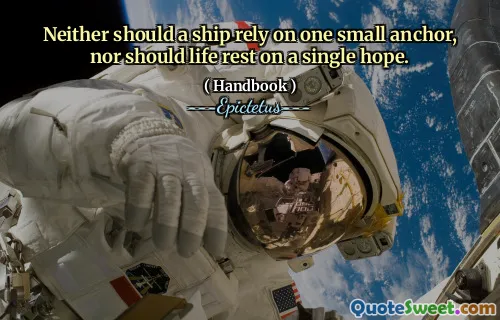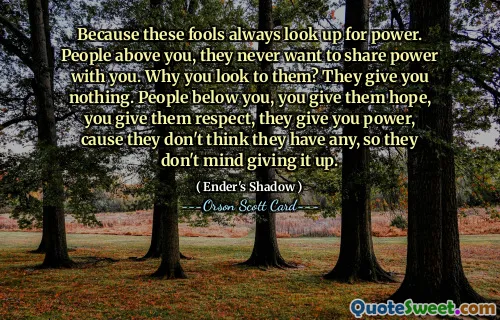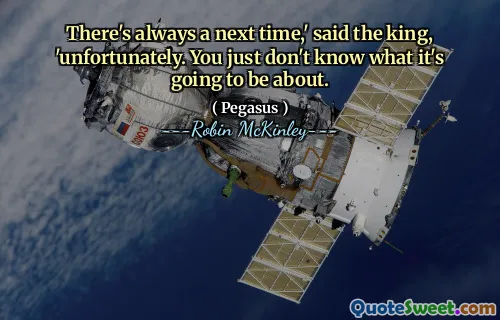An event of great agony is bearable only in the belief that it will bring about a better world. When it does not, as in the aftermath of another vast calamity in 1914-18, disillusion is deep and moves on to self-doubt and self-disgust.
Barbara W. Tuchman's "A Distant Mirror" explores the theme of suffering in the context of historical events, emphasizing that enduring painful experiences is often justifiable if they lead to a more hopeful future. However, she highlights the deep sense of disillusionment that arises when such suffering seems futile, as seen after the devastation of World War I. In times of great upheaval, both collective and individual reflections on the meaning of suffering become prevalent.
Through her work, Tuchman illustrates how, in the absence of a meaningful outcome following significant tribulations, individuals and societies can descend into self-doubt and feelings of disgust. The text serves as a poignant reminder of the psychological impacts of calamity, suggesting that without the promise of improvement, the trials faced can lead to a loss of faith in both the world and oneself.

